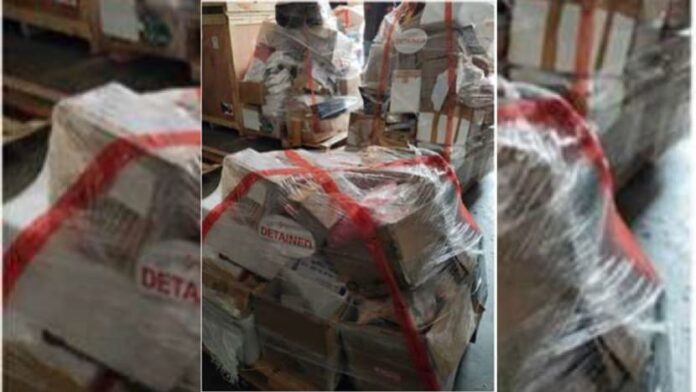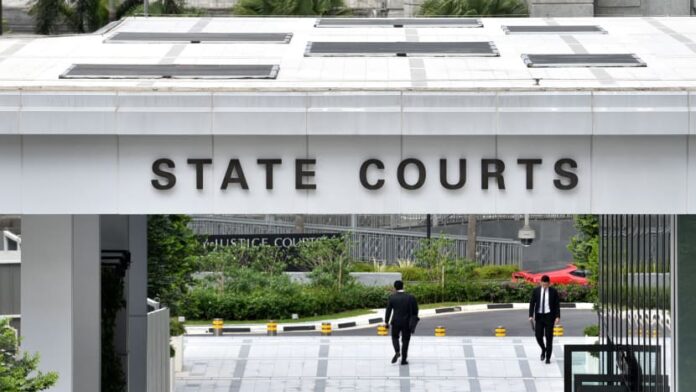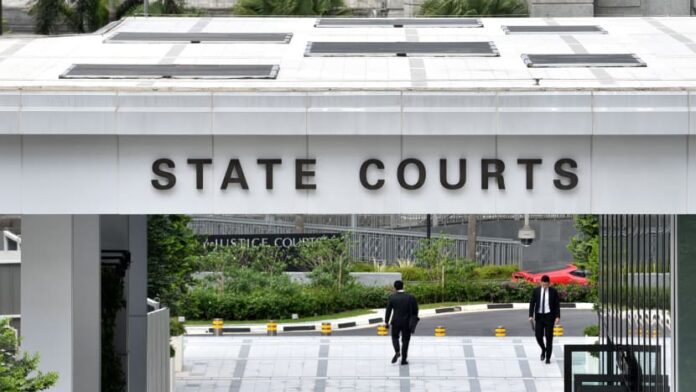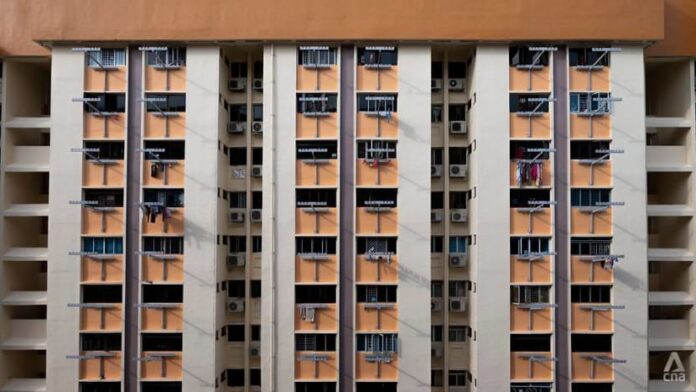Singapore: Vulnerable COVID-19 patients recovering at home will soon be visited by mobile medical teams.
Mr. Dinesh Vasu Dash, head of the Ministry of Health (MOH) Crisis Strategy and Action Team, said that these patients include elderly people, people with multiple comorbidities, and people who choose to recover at home instead of going to a nursing facility.
He said on Wednesday (October 27): “This is almost like a home vaccination team, so it is a home medical team that will be deployed to deal with people in vulnerable environments.”
“The forward-leaning team may be more helpful for on-site assessments rather than checking over the phone to see if they are all okay. Then at least we are sure that they can recover safely at home.”
Since September 15, home rehabilitation has been the default care model for COVID-19 patients with mild or asymptomatic symptoms. On average, about 70% of infected people recover at home every day.
A small number of patients are excluded from home rehabilitation, such as those 50 years and older who have not been vaccinated or partially vaccinated, those who are 80 years and older who have been vaccinated, and children under one year old.
Colonel Tong Yi Chuen, commander of the Family Recovery Task Force of the Singapore Armed Forces (SAF), elaborated on the need for such a mobile team. He said that they once encountered a family who could not consult a doctor remotely.
Then a team visited the home to facilitate the process.
“We also asked the doctor… to call the family for follow-up consultation. So I think that’s why we think these mobile teams will be very useful in some cases,” he said.
Currently, people who recover at home and feel uncomfortable can use telemedicine operators. Mr. Vasu said that 84% of those who requested telemedicine received a call back within two hours.
Family recovery
The family recovery plan faced initial problems in the first few weeks of its launch, and residents complained about the lack of clear instructions from the authorities.
When the working group updated the plan on Wednesday, it said that within 24 hours of submitting details through the form, more than 90% of COVID-19 patients who are eligible to recover at home will be contacted for “onboarding”.
The working group stated that family rehabilitation partners, including full-time members of the Singapore Armed Forces National Service and regular customers, contacted the positive cases by phone to confirm their eligibility and formally include them in the plan.
It added that more than 450 members of the Singapore Armed Forces have been deployed to support the family recovery plan, while the initial number was about 200.
The working group said: “It is very important for individuals to fill in the detailed information form for COVID-positive patients in a timely manner in order to initiate the classification process to assess whether they are suitable for family rehabilitation programs.”
Mr. Vasu from the Ministry of Health said that due to administrative problems, such as patients not filling in their mobile phone numbers correctly, there may be some delays.
“Usually, people get into trouble because they enter the wrong phone number, etc., and the team has been working hard to find multiple ways to contact,” he added.
Mr. Vasu said that if all other methods fail, ground combatants, such as police or auxiliary police, will be activated to knock on the door. However, he added that this operation cannot be extended.
“Therefore, we need the information provided to us with a high degree of accuracy,” he said.
When patients say that they cannot self-isolate, they can actually or change their minds about going to a nursing facility, and problems will also arise.
He explained: “This type of thing does increase administrative burdens and can also lead to inefficiency.”
The role of family recovery partner and nursing manager
The working group stated that during the entire family rehabilitation process, if there are any questions, individuals can call the hotline to contact family rehabilitation partners.
The working group stated that callers will be given a menu of options and their queries will then be routed to the correct parties so that their problems can be resolved “more quickly and appropriately.”
In addition to family rehabilitation partners, there is also a group of public service personnel designated as nursing managers. The working group added that they will follow up with those who are assessed to need additional support, such as the elderly.
Mohamed Firdaus Mohamed Akbar, a nursing manager who was pulled in to help about two weeks ago, said that one of the challenges he has faced so far is dealing with elderly people who are “very, very anxious during this period of isolation”.
He said that some of them live alone and have health problems, adding that they are worried about what will happen and who they should contact.
“They are also worried about their relatives because some of them are also caregivers,” he said.
In this case, he said that he would call them in the next few days to check their condition and learn about their mental and physical coping styles.
“Anyone who has experienced this isolation is always eager to see it end,” he said.








